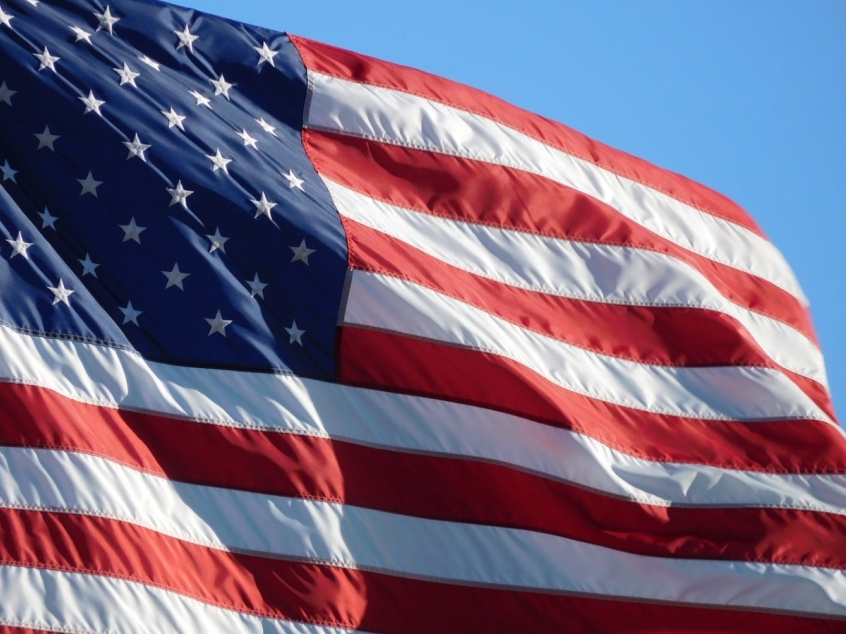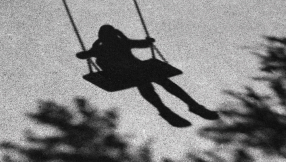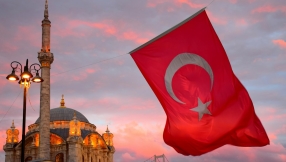
A leading American evangelical and a New York Catholic bishop have separately hit back at allies of Pope Francis who recently attacked US conservative Catholics and evangelicals for their 'ecumenism of hate,' with both respondents pointing to 30 years of productive cooperation between the two groups.
Perhaps, at times, they arguably prove the point of the offending article, by referring to unity over the fall of Communism, and gatherings between the two groups which have included hawkish, neo-conservative opinion.
But the retorts, from bishop William Murphy and Johnnie Moore, are powerful, clear and evocative.
The international row began when, as Christian Today reported last month, Antonio Spadaro and Marcelo Figueroa condemned 'Manichaean language that divides reality between absolute Good and absolute Evil' in an article they wrote together on the 'surprising ecumenism' between the two groups.
Spadaro is a Jesuit priest who edits La Civiltà Cattolica, and Marcelo Figueroa is a Presbyterian pastor who is editor-in-chief of the Argentinian edition of L'Osservatore Romano.
Spadaro's paper is considered the official voice of the Vatican and its contents are approved before publication by the Vatican secretary of state.
There has been a flurry of reaction, some agreeing with the article and some critical – all of which is welcome and healthy, according to Murphy.
Following the article's publication, the Archbishop of Philadelphia, Charles Chaput, wrote that it was 'an exercise in dumbing down and inadequately presenting the nature of Catholic/evangelical cooperation on religious freedom and other key issues'.
Writing on Catholicphilly.com, the Archbishop argued that 'progressives' who are 'wary' of religious liberty should realise that religious freedom is what allows faith communities to serve the poor and 'those in need'.
Now, Moore has written to Fox News with a hard-hitting message of bemusement and the full text of a friendlier letter he has sent to Pope Francis.
'Like many Christians in America I was befuddled by the incredibly caustic language used by the authors of a Vatican-vetted article last month which characterized the relationship between Evangelicals and Catholics in the United States as an "ecumenism of hate",' he said.
'I remembered a different version of this phrase ("ecumenism of hate") used by Pope Francis himself when he called the historic unity enjoyed by Catholic, Protestant, Orthodox and Evangelical Christians an "ecumenism of blood". He did so in light of persecution around the world which he has characterized as producing more martyrs today than at anytime in history.
'I found it shocking and intolerant for the article's authors to misappropriate language first used to unite the church to cause division within it. It reminded me of Romans 14:10, "Why do you pass judgment on your brother?"
'The authors of the piece in the La Cattolica Civiltas also used words like "radicalization" and even drew comparisons to ISIS. They also said that Evangelicals and conservative Catholics were in pursuit of a theocratic state. We are not, of course. We simply want to protect our religious liberties so we can continue to minister. Though, I couldn't miss the irony that the article was published from within the Vatican, a theocratic state.
'I cannot imagine that the article's authors understand the beautiful relationship that Catholics and Evangelicals have had in the last 30 years in the United States. Together, we have worked in pursuit of the fall of communism, led a vast resurgence of pro-life sentiment in the United States, and we have fought for religious liberty here and abroad. Our humanitarian collaboration has also saved millions of lives among the poor and persecuted.
'Rather than being offended, I decided to try and make peace by writing Pope Francis. The Bible says in Romans 12:18, "If possible, so far as it depends on you, live peaceably with all."'
In his letter sent on August 3, Moore requests a meeting between evangelical and Catholic leaders and the Pope, before praising Francis and seeking common ground over the persecution of all Christian denominations around the world.
'We [US evangelicals and Catholics] think it would be of great benefit to sit together and to discuss these things. Then, when we disagree we can do it within the context of friendship. Though, I'm sure we will find once again that we agree far more than we disagree, and we can work together with diligence on those areas of agreement.
'We feel like this conversation is an urgent one, and I will bring a half dozen or so of our denominational heads and significantly influential Evangelicals for our time together.
'We would also like to use the time to meet with various other high level officials throughout the Vatican to find ways in which we can cooperate on matters of great concern to us all, especially as it relates to refugees, the poor and the persecuted...
'With all the respect in the world and with love for Christ's Church and every corner of it, I'll earnestly await your reply.'
Also yesterday, Murphy, who is Bishop Emeritus of the Diocese of Rockville Centre, NY, wrote a nuanced article in America Magazine, also critical of the piece that came out of Rome.
First, a concession: 'It must be admitted that the "surprising ecumenism" that the authors describe does exist to some degree. Ours is a vast country in which one can find many points of view, as well as many alliances and coalitions.'
However, 'the authors seriously misrepresent the experience the Catholic Church has had with evangelicals these past 30 or more years.
'For example, in 1987, a group calling itself Evangelicals and Catholics Together began a dialogue in New York at the Union League Club. Among the participants were the evangelical ministers the Rev. Richard Land and the Rev. Charles Colson, the Catholic Cardinal Avery Dulles, SJ, and the neoconservative lay Catholic scholar Michael Novak. As one present and participating, I can assure readers that the inspiration was a critical adherence to the Bible and to the "social gospel" traditions that were harmonious among the respective Christian denominations. Father Spadaro and Rev Figueroa's essay is devoid of any serious engagement with the neoconservatism of authors like the Rev Richard John Neuhaus, George Weigel and Michael Novak.'
Murphy says that Spadaro and Figueroa misinterpret key aspects of American life, even the motto 'In God We Trust' and what it represents, and accuses them of generalising. 'They misunderstand how widespread and how many-faceted is the sense that Americans have that God has blessed us. Americans by and large see such a blessing not as a sense of self-righteousness or superiority, but rather a recognition that God is the source and ultimate end of all the good and positive aspects of life in our country. Are there some who are xenophobic and jingoistic? Some who exaggerate and exploit that sense of blessing? Yes, sadly, there are. However, when Father Spadaro and Rev Figueroa use such a broad brush and turn the phrase into a sinister one or proof of nefarious intentions, it might well lead others to see the authors as guilty of the same kind of exaggerations.'
He also lavishes praise on the Pope, before claiming that the authors of the controversial article had created a 'straw man'.
'We do not simply applaud the Pope. We look to him for inspiration. We seek to let his word and his example shape our positions and our actions,' Murphy writes. 'He shows us the importance of confronting those persons and issues that are truly important. Yet, by the end of Father Spadaro and Rev Figueroa's argument, I was convinced that the authors are fighting a straw man whom I too oppose. While they clearly support the Holy Father, the way they present Pope Francis' approach and his teaching seems to me to be weaker than the dynamic and robust approach we have come to recognize as Pope Francis at his most vibrant and inspiring.'
Murphy concludes with a question: 'There is no reason for fear. Pope Francis shows us that every day. But do we avoid our responsibility if we are afraid to speak the truth in love, reject the extremes of all ideologies and offer a service to the world that mediates by word and deed the Gospel message of God's love and Christ's redemption of all humankind?'
From the point of view of the Vatican-approved authors, however, there may be another question: is it all ideologies that are being rejected by the American Catholic-evangelical alliance? Or just one: the liberal left?
Further, Murphy talks of speaking 'the truth in love'. Which brings is to another question, perhaps the most famous question in the world: 'What is truth?'













